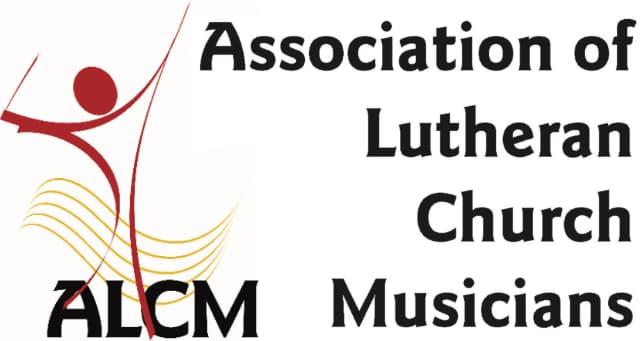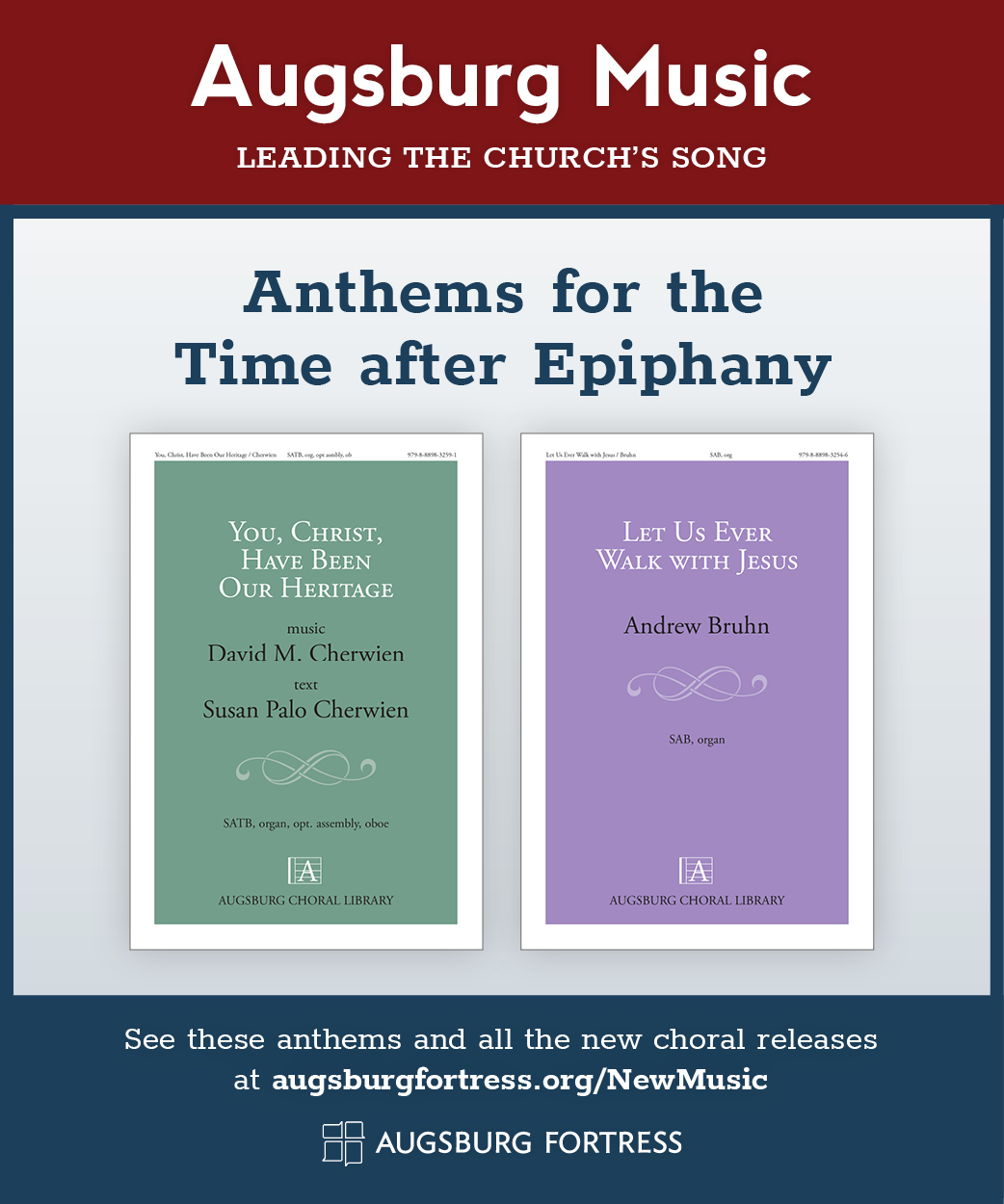Statement on Worship and Music
The “Statement on Worship and Music” that appears below was approved by ALCM at its 2003 Biennial Conference in San Diego, California. It is also available as a printable leaflet. In October 2016 a supplemental statement entitled “Called to Be a Living Voice” (available in English & Spanish) was adopted by the ALCM membership to stand alongside the original statement.
We Believe and Affirm as Lutheran Church Musicians that:
1.a Worship is the indispensable center of the Church’s life.
For Lutherans, the worship of the Christian community is the center of the Church’s life from which all other facets of its life and mission derive their strength, purpose, and direction.
1.b Worship centers in God’s gifts of Word and Sacrament.
The norm for the weekly gathering of Lutherans at worship consists of the celebration of both Word and Sacrament. In addition, daily prayer and occasional services complement the Sunday gathering.
1.c Worship in Lutheran practice stands unashamedly in the liturgical tradition.
Rooted, reformed, and renewed in the history and experience of the Church, Lutherans-together with much of Christianity-share a concern for ordered worship. It is a Lutheran conviction that the needs of the people at prayer are most effectively met by forms and practices which draw on the collective experience of the whole Church. Lutheran worship is characterized neither by eccentricity nor faddishness, but values stability and continuity with the whole Church. Thus, historic patterns, the Church year, appointed readings and psalms, and a central core of hymnody have a prominent place in Lutheran worship.
2.a Music in the liturgy is God’s good gift to the Church to glorify God and edify God’s people.
Music is given that the Creator might be praised and glorified, and that the Word of God’s redemption in Jesus Christ might, through the power of the Holy Spirit, be proclaimed to the Church and the world. To those who would condemn sacred art of any kind, Lutherans respond with an understanding of music as God’s creation and gift, next in importance to theology.
2.b Music in the liturgy is bound to the Word as the living voice of the Gospel, proclaiming the gospel to the Church and the world.
For Lutherans, music and the Word are intimately connected. The Word, Lutherans affirm, is preached through music. Lutherans take care that texts sung in worship fulfill their purpose by speaking the Gospel clearly and unambiguously. God is praised when the Gospel is proclaimed, and when the Gospel is proclaimed God is rightly praised.
2.c Music in the liturgy is an integral part of catechesis, assisting in the formation of Christians in the faith.
The Christian life is shaped and disciplined not only by teaching and instruction in the faith, but first and foremost through worship. Participation in the liturgy, with its hymnody and music, plays a crucial role in forming Christians, young and old.
2.d Music in the liturgy reflects the truth of the Gospel and the beauty of holiness.
Music, apart from its association with texts, participates in the proclamation of the Word as it faithfully reflects in its own terms the honesty, integrity, truthfulness, beauty, and winsomeness of the Gospel. It is never simply functional or utilitarian. Music as God’s creation and gift requires a concern for craft and integrity of composition.
3.a Congregational song is the pre-eminent music of the Church.
Congregational song, re-established as a vital ingredient in corporate worship at the time of the Reformation, is a central feature of Lutheran worship. It is not enough that people are merely present at worship. Faith inevitably erupts in song. Wherever a Lutheran understanding of congregational song prevails, the chorale-among all the jewels in the treasury of the Church’s song-holds a place of particular worthiness and honor.
3.b The cantor is the leader of the congregation’s song.
The term cantor is the historic designation for the vocation of the Lutheran Church musician. The cantor normally serves as organist, director of choirs and instrumental groups, and teaches, encourages, and nurtures the musical talent of the congregation. The cantor’s calling, however, extends beyond the preparation of music for the various services. The cantor takes an interest in the personal and spiritual lives of those with whom he or she works, and is often musically active in the larger community in which the congregation is situated.
3.c Presiding and assisting ministers, choirs, organ and other instruments enhance, enrich, and elevate the congregation’s song.
In a Lutheran understanding of worship, the role of solo voices, choir, organ and other instruments is to enhance the musical participation by the congregation. This is accomplished by supporting and enriching the singing of congregational hymns; bringing richness and variety to worship as portions of the liturgy are entrusted to those who have rehearsed on behalf of the congregation; and presenting attendant music as appropriate and possible.
3.d Simple congregational song and music of the highest artistic achievement join together in the praise of God and in the proclamation of the Word.
In contrast to Christian traditions which, on the one hand, emphasize only congregational singing, or, on the other, only sophisticated art music, the Lutheran tradition has from its beginning encouraged the reciprocal interaction of simple congregational song and art music of the most sophisticated kind. The result is an environment in which congregations, musicians, and composers all contribute to a vibrant worship life.
3.e Music in worship encompasses the repertoire of both the Church universal and the congregation in particular.
The musical culture of the Church is both universal and parochial, reflecting the diversity of the Body of Christ and God’s mission in and to the whole world. Congregations reflect the unity of the Church by using the music of Christians around the world and acknowledge their context by fostering the individual gifts of their members.


